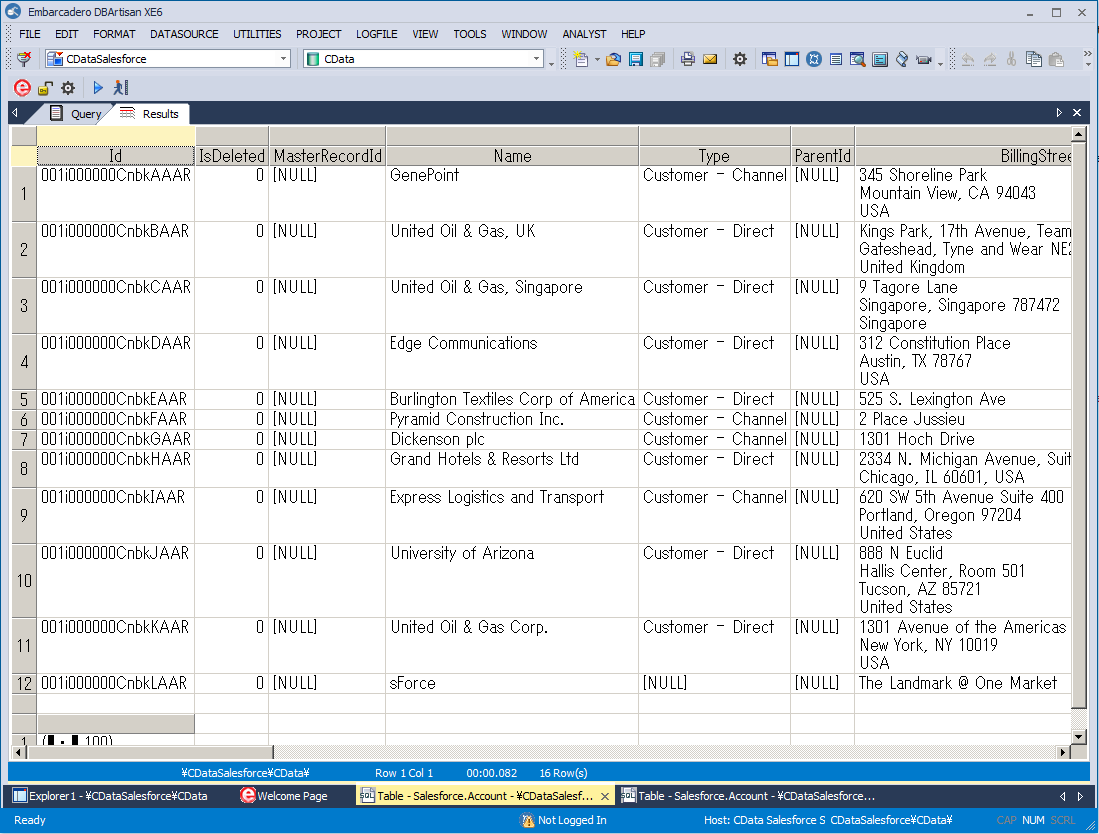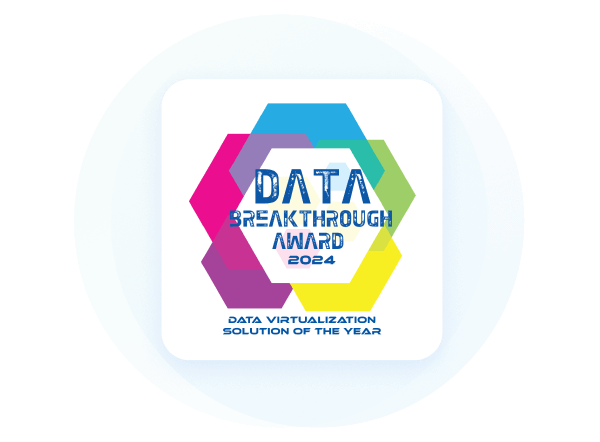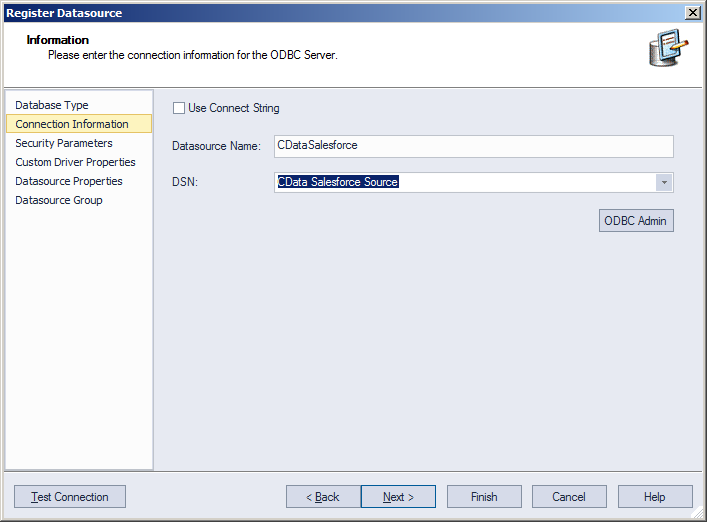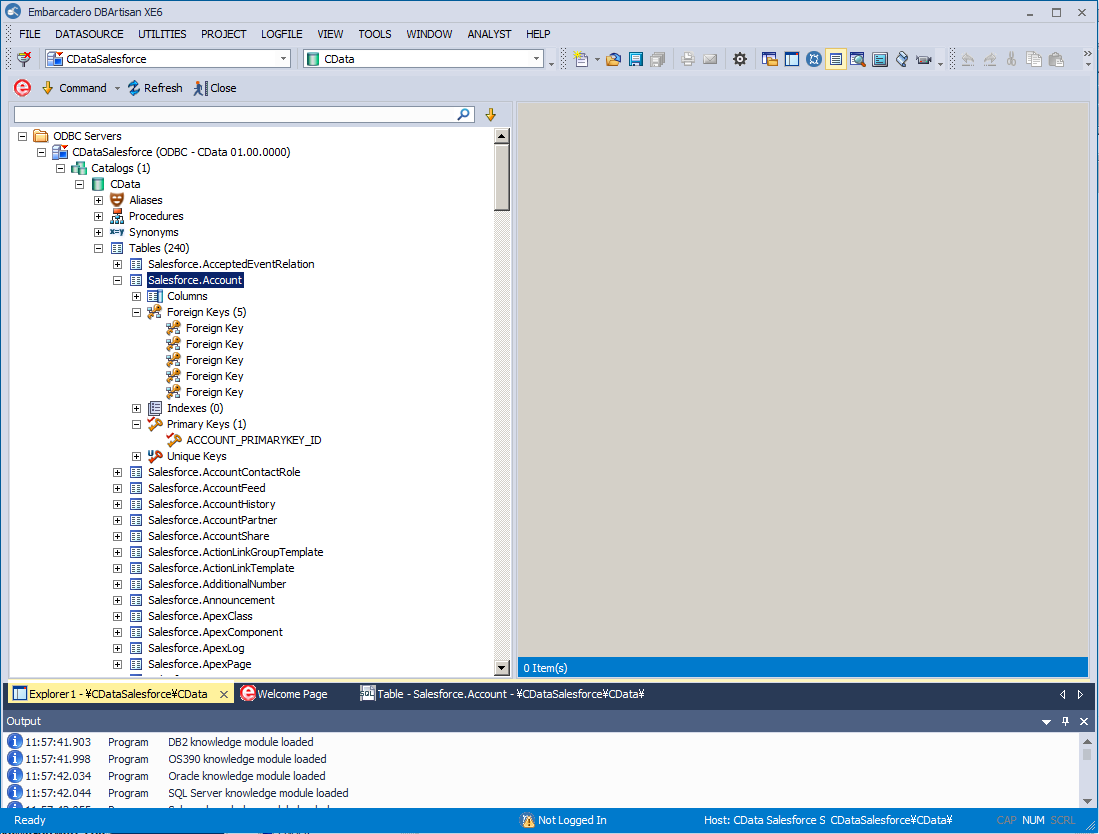Discover how a bimodal integration strategy can address the major data management challenges facing your organization today.
Get the Report →Connect to Dynamics CRM Data in DBArtisan
Use wizards in DBArtisan to configure Dynamics CRM data as a data source.
The CData ODBC Driver for Dynamics CRM seamlessly integrates Dynamics CRM data into database management tools like DBArtisan by enabling you to access Dynamics CRM data as a database. This article shows how to create an data source for Dynamics CRM in DBArtisan and execute queries. You can then edit data visually and execute standard SQL.
Integrate Dynamics CRM Data into DBArtisan Projects
If you have not already, first specify connection properties in an ODBC DSN (data source name). This is the last step of the driver installation. You can use the Microsoft ODBC Data Source Administrator to create and configure ODBC DSNs.
The connection string options meet the authentication and connection requirements of different Dynamics CRM instances. To connect to your instance, set the User and Password properties, under the Authentication section, to valid Dynamics CRM user credentials and set the Url to a valid Dynamics CRM server organization root. Additionally, set the CRMVersion property to 'CRM2011+' or 'CRMOnline'. IFD configurations are supported as well; set InternetFacingDeployment to true.
Additionally, you can provide the security token service (STS) or AD FS endpoint in the STSURL property. This value can be retrieved with the GetSTSUrl stored procedure. Office 365 users can connect to the default STS URL by simply setting CRMVersion.
You can then follow the steps below to register Dynamics CRM data as a database instance in your project:
- In DBArtisan, click Data Source -> Register Datasource.
- Select Generic ODBC.
- Enter a name for the data source and select the DSN.
![The DSN of the data source to be registered. (Salesforce is shown.)]()
- Finish the wizard to connect to Dynamics CRM data. Dynamics CRM entities are displayed in the Datasource Explorer.
![The Datasource Explorer. (Salesforce is shown.)]()
You can now work with Dynamics CRM data as you work with any other database. See the driver help documentation for more information on the queries supported by the Dynamics CRM API.









